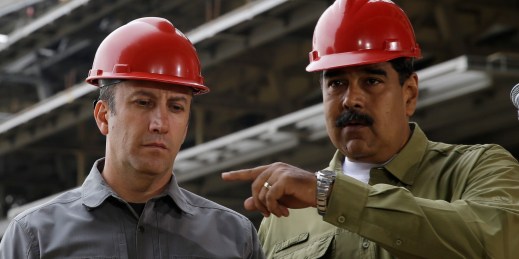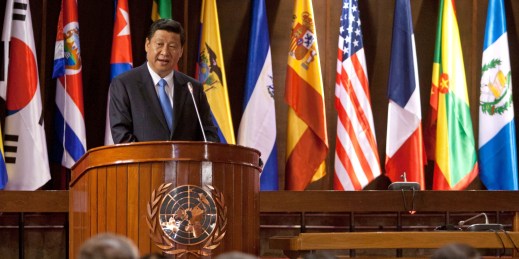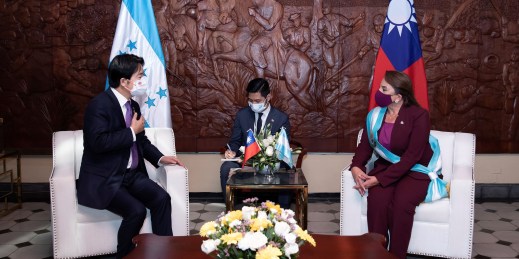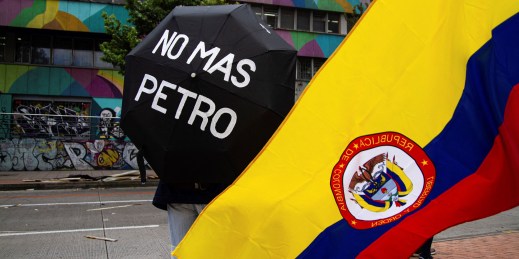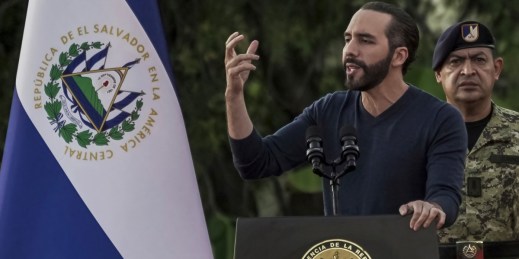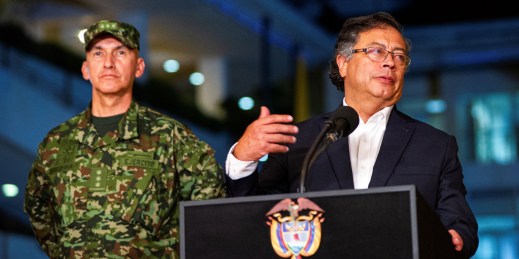
As part of his “Total Peace” plan, President Gustavo Petro has asked Colombia’s armed groups clamp down on lethal violence. While some have complied, others have traded conspicuous violence for other types of coercion, leading many to fear they are taking advantage of the government’s outreach to quietly dig in their heels.

